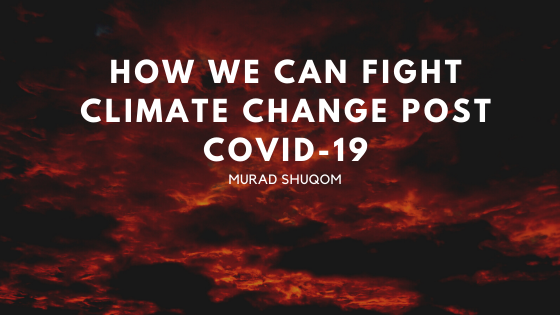It can sometimes be hard to see the forest for the trees these days – but while Covid-19 is a genuine and present threat, that doesn’t mean that issues like climate change have gone away. Fortunately, some of the regulations being put in place during the Covid-19 process can help us develop more environmentally sustainable plans.
Climate change requires more than us to stop using straws. It requires pretty substantial changes on a systemic level, but the response of corporations in Coronavirus’s wake is heartening. While companies have long tried to sidle up against social movements, we’ve seen two separate crises that have forced companies to step into the limelight. The question is one of accountability. Businesses rallied behind Coronavirus because the scale was immediate, and the risk very low, but the same wasn’t true of the sudden pivot towards black activists. Both demonstrate that the real levers of power need to be pressured by strong popular opinion to take a stance on climate change.
International implementation of Coronavirus measures was variable and imperfect, but it did prove that individuals, governments, and businesses can make rather drastic changes to their lives when need be. The scope of the stay at home orders on aspects like our economy still has yet to be seen. It’s pretty clear that extensive quarantines aren’t sustainable in the long term, but small measured in everyday activities can have a tangible effect on the whole world when done together.
If there’s one grand driver behind a movement’s maturation, its acceptance by the general population. And there’s currently no more significant force of peer pressure than social media. A massive outpouring of posts on social media, driven mainly by bored people trapped by stay-at-home orders – created walls of support for the movement. And while it may seem cynical to look at climate change through marketing media, opinions do drive policy. Advocates need to be promoting the science of climate change as much as possible and working harder to make them the part of the public conversation so that climate change awareness can reach the saturation level that Coronavirus awareness has.

